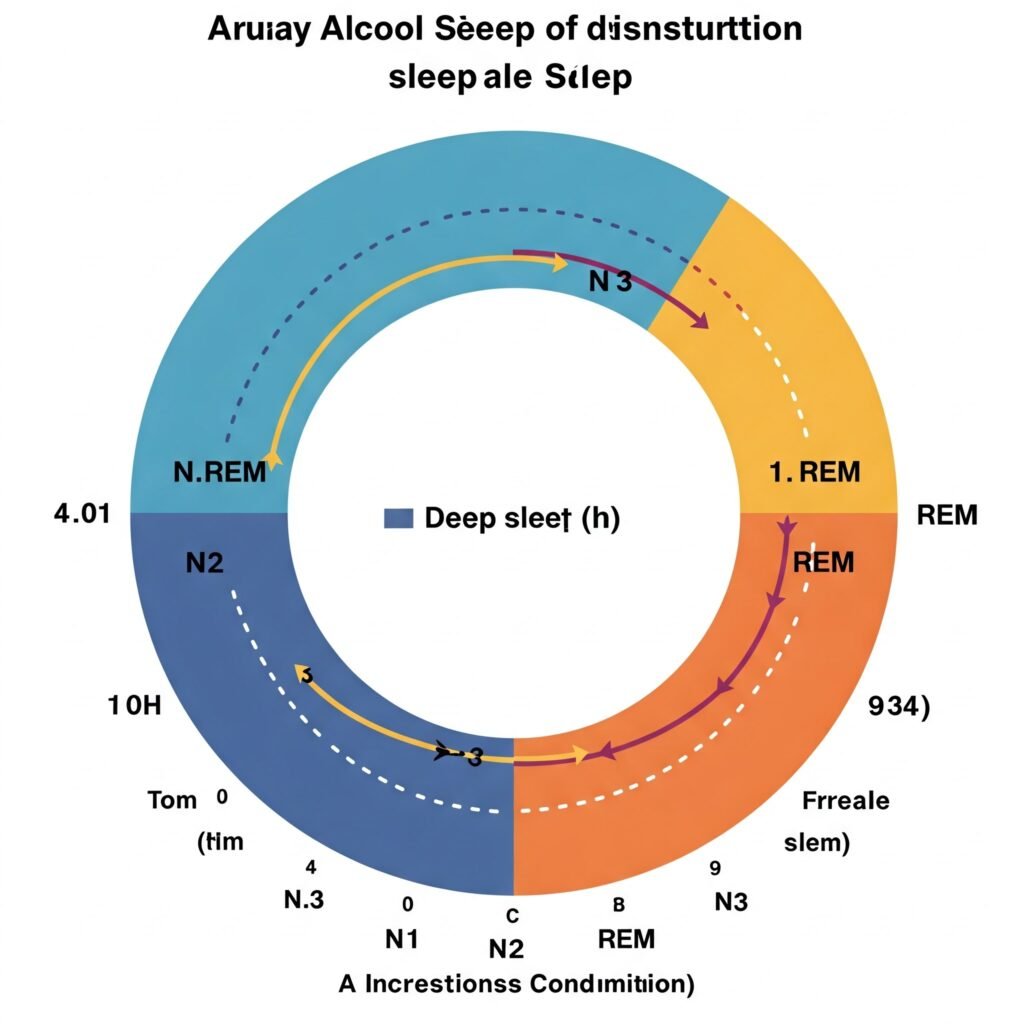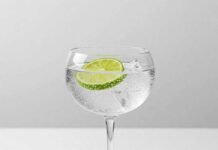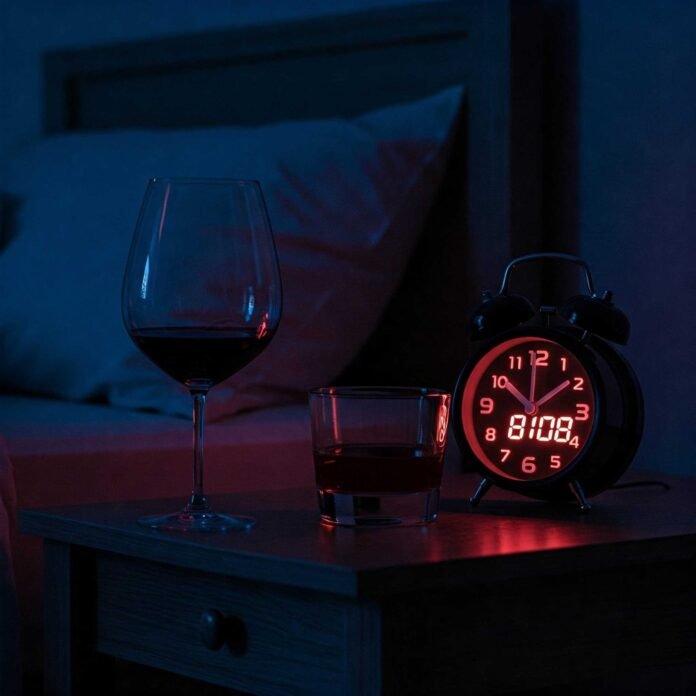How alcohol affects your sleep is something I learned the hard way, y’all, after one too many late-night glasses of Pinot in my creaky Chicago apartment. I’m sitting here, radiator hissing like it’s got a personal vendetta, the air smelling like burnt coffee and my cat’s litter box I forgot to clean. I used to think a nightcap would knock me out, but instead, I’d wake up at 3 a.m., heart racing, staring at my ceiling like it owed me answers. I’ve spilled wine on my sheets, tripped over my charger trying to “wind down,” and still thought booze was my sleep buddy—spoiler: it’s not. Figuring out how alcohol affects your sleep was a game-changer, even if I’m still a mess. Here’s my sloppy, honest take on what happens and how to fix it, based on my own fumbles.
How Alcohol Affects Your Sleep: My Top 5 Lessons (And Fixes)
1. Booze Messes With Your Sleep Cycle (And I Felt It)
How alcohol affects your sleep starts with screwing up your REM cycle—yep, the good stuff. I used to chug a glass of whiskey, pass out, then wake up feeling like I got hit by a bus. Turns out, alcohol makes your sleep shallow, even if you’re out cold. I tried cutting back, and bam—better dreams, less grogginess. Sleep Foundation’s guide on alcohol and sleep explains this better than I ever could.

2. Nightcaps Make You Wake Up More (My 3 a.m. Panic Proves It)
I thought a nightcap would help me sleep through, but how alcohol affects your sleep is sneaky—it wakes you up in the middle of the night. I’d sip gin, crash, then bolt awake at 3 a.m., heart pounding, thinking about that email I forgot to send. Cutting out late-night drinks helped me stay asleep, but I still spilled water on my nightstand tryna be “healthy.”
3. Alcohol Makes You Snore (And My Cat Hated It)
How alcohol affects your sleep includes making you snore like a lawnmower—my cat literally left the bed one night. Booze relaxes your throat muscles, and I guess I was sawing logs after too many beers. Sleeping on my side and skipping drinks helped, but I still sound like a freight train sometimes. Healthline’s article on alcohol and snoring backs this up.
4. Dehydration Wrecks Your Rest (And My Headaches Sucked)
Alcohol dehydrates you, and how alcohol affects your sleep shows up as brutal headaches. I’d wake up after a few wines with a head like a construction site, even after “just one.” Chugging water before bed helped, but I still knocked over my glass once—classic me.
5. Booze Spikes Anxiety (And My Late-Night Spirals)
How alcohol affects your sleep includes making you anxious as hell. I’d drink to chill, but wake up at 4 a.m. spiraling about my life choices. Ditching booze for a week cut those panic sessions, but I still stress-ate chips, so I’m not perfect. Cleveland Clinic’s take on alcohol and anxiety nails this.

What To Do About How Alcohol Affects Your Sleep: My Tips
- Cut back before bed: I stopped drinking after 8 p.m., and it helped me sleep deeper, even if I missed my wine.
- Hydrate like crazy: I keep a water bottle by my bed now—spill it less these days. Helps with the dehydration headaches.
- Try non-boozy wind-downs: I started drinking chamomile tea, but I burned my tongue ‘cause I’m impatient. It works, though.
- Set a sleep routine: I aim for the same bedtime, but I still doomscroll sometimes. It’s a work in progress.
Wrapping Up My Rant on How Alcohol Affects Your Sleep
Alcohol and sleep don’t mix, y’all. My apartment’s cold, my radiator’s louder than a dive bar, and I’m still cleaning wine stains off my sheets. But figuring out how alcohol affects your sleep? It’s been a wake-up call, even if I’m still a hot mess. Try cutting back, or at least chug some water before bed. What’s your sleep-and-booze story? Drop it in the comments—I’m nosy and need a laugh.




































